
Title: MSc “Environmental Technologies in Environmental Law”
Scientific disciplines :
environmental science and technology
environmental law
University:
Democritus University of Thrace
Language:
Greek
Duration:
3 semesters
For more information you can visit the website:
Description
The MSc “Environmental Technologies in Environmental Law” includes an innovative curriculum consisting of the following eight modules, namely:
- Environmental Protection Technologies I
- Management of natural resources and ecosystems I
- Environmental risk assessment techniques – Crisis Management I
- Environmental management and economic valuation techniques I
- Environmental Protection Technologies II
- Management of natural resources and ecosystems II
- Environmental risk assessment techniques – crisis management II
- Environmental management and economic assessment techniques II
1. Purpose
The aim of this interdisciplinary programme is to provide the necessary knowledge background to graduates of theoretical schools and schools/departments that do not have as their primary subject environmental science or technology, who, in the performance of their work duties, are confronted with issues related to the implementation of legislation relevant to the protection of the environment in all its aspects. By extension, to contribute to understanding the interrelationships between the techno-sphere, eco-sphere and the requirements of the legislation. In addition, the MSc will contribute to:
- Develop and support communication between technocrats and legal stakeholders in the environment for more effective implementation of legislation.
- Creation of a skilled scientific workforce in the areas of expertise of the
- Promotion of scientific research in the subject matter of the MSc in accordance with international rules and
Candidates may be employed as freelance professionals, employees of services both in Greece and in the European Union or in Global Organisations, elected officials of local government (municipal and regional local and regional councillors), public officials (administrative judges, civil judges and prosecutors) and journalists.
2. Categories of student candidates and selection
Students who hold a first-cycle degree from a higher education institution (Universities and Technical Universities) of the domestic or equivalent institutions abroad are admitted to the MSc. Graduates of Law Schools, Schools of Social and Political Sciences, Schools of International and European Studies of universities in the national territory and recognized similar institutions abroad as well as graduates of other University departments and schools, graduates of Polytechnic Schools and graduates of Technological Educational Institutions relevant to the objectives of the MSc are admitted to the Programme.
A typical qualification for selecting candidates is at least a good knowledge of English. The selection will be made by the evaluation committee based on the relevance of the degree, the analytical grade and the examination of the curriculum vitae.
3. Duration of study
The maximum study period for the Diploma of Postgraduate Studies award is three (3) academic years from the registration date. The study conditions are included and specified in detail in the internal regulations of the MSc.
The teaching of the courses of the MSc will be 100% distance learning (90% synchronous and 10% asynchronous) in accordance with the applicable legislation. The final examinations of the courses and the presentations of the Master’s Theses (MA) will be carried out 100% remotely.
4. Cost
For the admissions of the new academic year, the fees are listed in the Government Gazette 7016 Issue B’/31-12-2022. For those students who meet the requirements of Law No. 4899 Issue B’/16-09-2022, the exemption from the obligation to pay tuition fees is possible. One scholarship will be awarded based on the average grade point average of the first and second-semester courses, provided that the number of registered graduate students is greater than or equal to 30. This fellow will not pay tuition fees for the third semester of study.
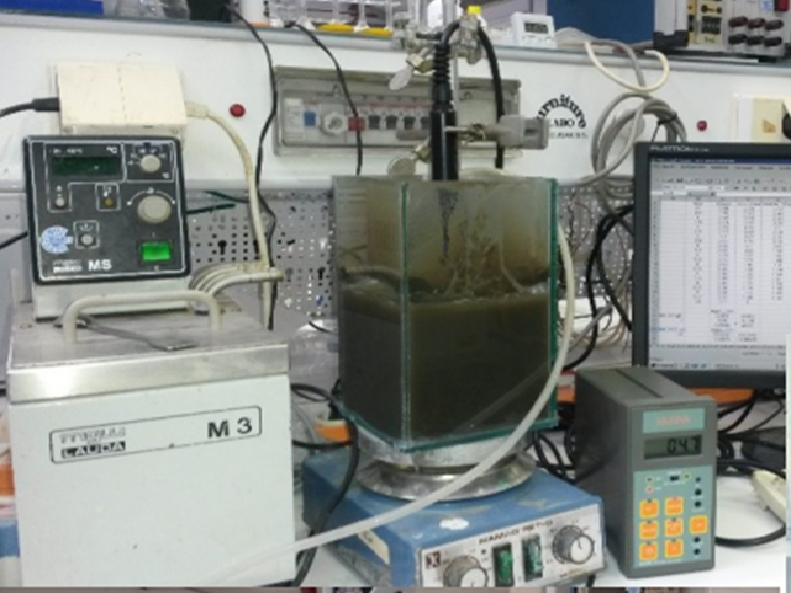
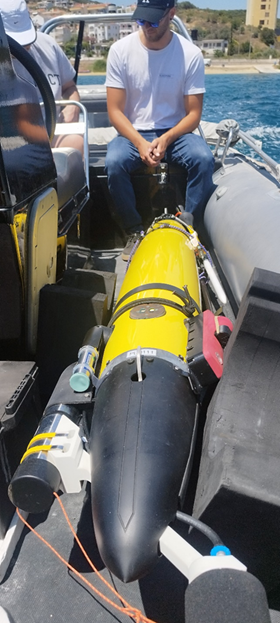

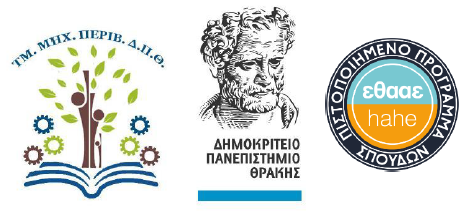

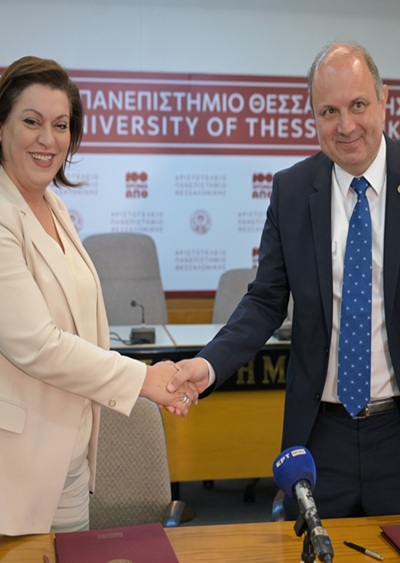

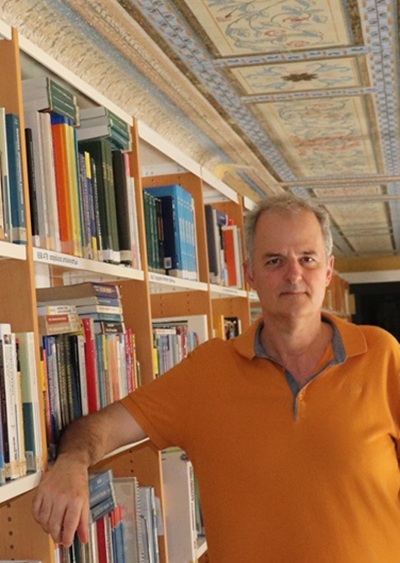



Leave A Comment